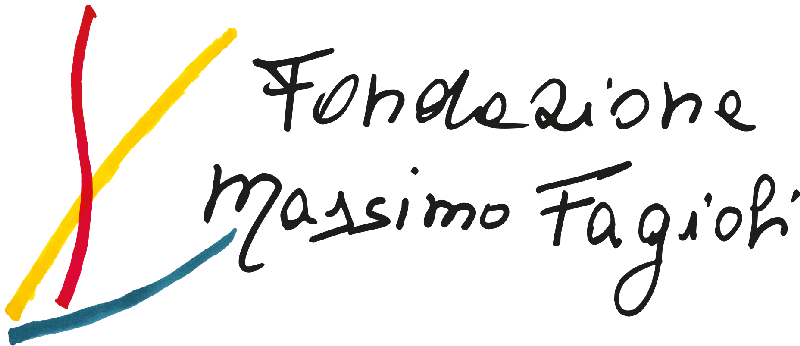Is it possible to teach psychiatry to students of the Faculty of Medicine, obliged to know the subject without having a basic preparation or a particular interest in this branch, through the “Teoria della nascita”?
In a cultural reality characterized by the speed of technology, the priority of the economy and the fluidity of human relations, what is the meaning of an intervention model that aims at the transformation of unconscious dynamics instead of uniformity and social adaptation?
What are the needs to be met in order to release an innovative, original and valid thought, avoiding the risk of a too silent elitist isolation so that the legitimacy of a broad comparison in the panorama of the various scientific settings is recognized?
Through the personal experience of didactic training and clinical work that recognizes in Fagioli’s theory and in the relationship with his practice the cornerstone of its complexity, this report will try to offer some considerations on these questions.
I read “Istinto di morte e conoscenza” for the first time in 1986 as a book indicated for passing the psychotherapy exam in the third year of specialization school. The study of this formulation has oriented my professional and personal life. Since 1990 I have been teaching psychiatry at the University of Rome, proposing this theory as a key to the identification of psychopathology and the related intervention methodology. The basic concepts focused on the hypothesis of the modality of development of healthy psychic reality, the analysis of psychopathology as a manifestation of alteration of unconscious thinking, on the possibility of preventing breakdown and on the need to consider treatment as an opportunity to modify the intrapsychic and relational dynamics, beyond the decline or overcoming of symptoms. The assessments obtained on the effectiveness of the course indicate how ‘high’ is the degree of consensus about what is advanced, and its validity in relation to operational capabilities. However, the feeling remains that a large part of future doctors see in this proposal substantially an intellectual deepening that is difficult to implement, while those who approach it with a proactive interest tend to remain confined to a niche. To change this attitude it is necessary, in my opinion, to get out of the idea of using the classical scientific model as a functional to psychiatric research and to seek a different approach, suited to the needs of psychic functioning.
If we identify a treatment as a transformative process, the intervention model can only be psychotherapeutic. The use of drugs, albeit at a price, can only promote this work. Therefore: what psychotherapeutic process and how long can it last in the face of the urgency of restoring a globally ‘productive’ stability? If the therapy consists of a curative component and a mutative research component, the former certainly has an end, either by realization or by interruption, while the research construct can perpetuate itself over time without predictable conclusive parameters. It is thus possible to give meaning to an intervention that allows us to respond adequately to the demands of natural daily life and at the same time to the needs of those who, in everyday life, claim to create a dialectic with the world that places human relationships at the center of attention.
For a new and valid thought to be successful, it must have a solid basis on which to build the prerequisite for a strong and authoritative voice. Over time, this voice has legitimately had the need to clear up, match, strengthen. The price paid, albeit full of great enthusiasm, seemed to me to be a very high commitment over the years. It is also conceivable that the absoluteness of the aforementioned components could not leave room for other activities that are more intrinsically subject to mediation and compromise. What appears today to those who have tried to observe with respect the story of the relationship between Fagioli’s theory and his practice, is a single, highly structured corpus. However, this movement no longer has the possibility of operating in the initial ways. The prospect is that this item could find greater recognition in scientific discussion if those who express it spent more of their activity to fill more emerging positions within universally recognized institutional and research systems.
Bibliography
- Cavaggioni, G. (2003). La formazione dello psicoterapeuta in ambito pubblico. Il Sogno della Farfalla, 3,38-42.
- Cavaggioni, G., Cerboneschi, A., Lai, E., Ialeggio, D., Bensi, M., Armando, M. (2008). Psicoterapia psicodinamica e formazione universitaria: problematiche e prospettive. Il Sogno della Farfalla, 4, 38-48.
- Cavaggioni, G., Barbaranelli, C., Di Liegro, I., Lanzone, A., Locatelli, V., Morini, S., et al. (2013). Proposta di un modello sperimentale per la selezione e l’accesso ai Corsi di Studio in Medicina e Chirurgia. Medicina e Chirurgia, 57, 2555-2558.
